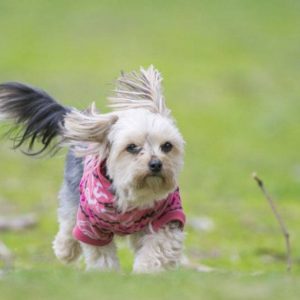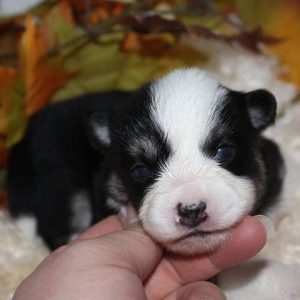Unveiling the Mysteries of the Basenji: Africa’s Barkless Dog
The world of canine breeds is astoundingly diverse, encompassing dogs of all shapes, sizes and temperaments. One breed that stands out due to its unique qualities is the Basenji. Originating from central Africa, the Basenji is a small to medium-sized breed that is renowned for being ‘barkless’. But what exactly does this mean, and what other mysteries does this fascinating breed hold? Let’s explore the intriguing world of the Basenji dog breed.
Historical Origins of the Basenji
The Basenji is one of the few breeds that can be traced back to the dawn of civilization. Their history goes back to ancient Egypt, where carvings depicting dogs strongly resembling the Basenji can be found in the Pharaohs’ tombs. These dogs were highly prized for their hunting abilities, and were even worshipped by some cultures for their perceived spiritual powers.
The ‘Barkless’ Phenomenon
One of the most striking characteristics of the Basenji is its inability to bark like other dogs. Instead of the typical ‘woof’ or ‘bark’, the Basenji produces a unique sound that resembles a yodel, known as a ‘barroo’. This unusual vocalization is due to the shape of their larynx, which is different from other breeds. However, don’t be fooled – the Basenji is not a silent dog. They are known to growl, whine, and even scream when they are excited or upset.
Physical Attributes
Basenjis have a lithe, athletic build, which contributed to their aptitude for hunting in rough terrains of Africa. They are small dogs, usually not exceeding 17 inches in height or 24 pounds in weight. They are characterized by a wrinkled forehead, almond-shaped eyes, and erect ears, giving them an intelligent and alert expression. Their short coat, which can be red, black, brindle or tricolor, is known for its hypoallergenic properties.
Behavioral Traits
Despite their small size, Basenjis are energetic dogs that require ample exercise to keep them happy and healthy. They are intelligent and independent, which can sometimes translate into stubbornness. This means they can be a challenge to train, especially for first-time dog owners. Nevertheless, with patience and consistency, these dogs can learn to follow commands and even perform tricks.
Health and Lifespan
Basenjis are generally healthy dogs with a lifespan of around 13-14 years. However, like any breed, they are prone to certain health conditions. Basenjis are susceptible to Fanconi syndrome, a kidney disorder, and PRA (Progressive Retinal Atrophy), which can lead to blindness. Regular vet check-ups and a balanced diet can go a long way in ensuring the health of a Basenji.
The Basenji as a Pet
Basenjis can make wonderful pets for the right owners. They are loyal and affectionate with their families, and their hypoallergenic coats make them a good choice for allergy sufferers. They do well in homes with a secure outdoor space where they can run and play, but they can also adapt to apartment living provided they get sufficient exercise.
Despite their sometimes challenging behavior, Basenjis are capable of forming deep, lasting bonds with their owners. Their distinctiveness and charm make them a beloved breed for those who appreciate their unique qualities.
Conclusion
The Basenji, Africa’s “barkless” dog, is a breed immersed in mystery and intrigue. From its ancestral origins in ancient Egypt to its unique vocalizations and eye-catching appearance, there’s no denying the Basenji is a one-of-a-kind breed. Owning a Basenji can certainly be an adventure, but one that is rewarding for those who choose to embark on it.








